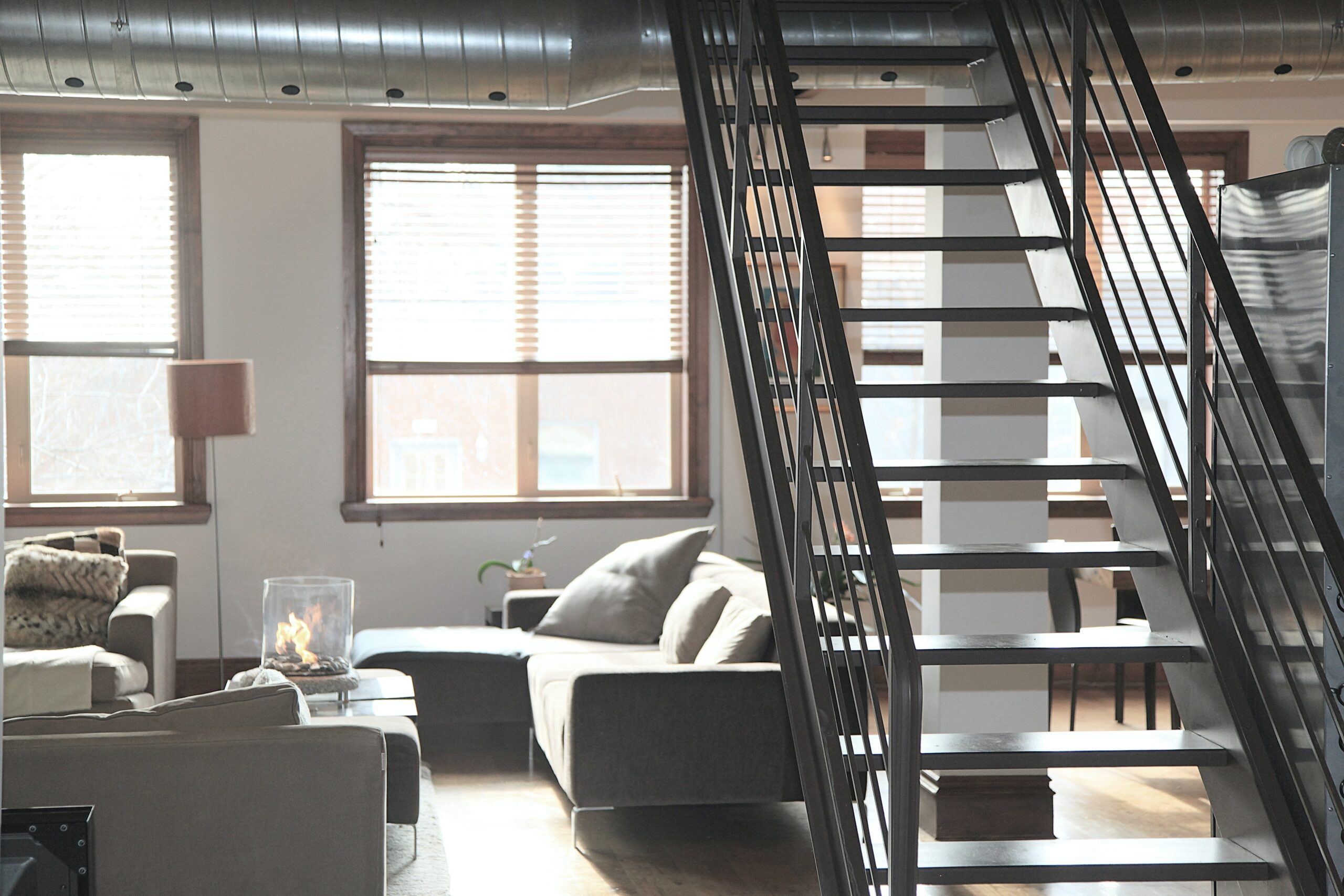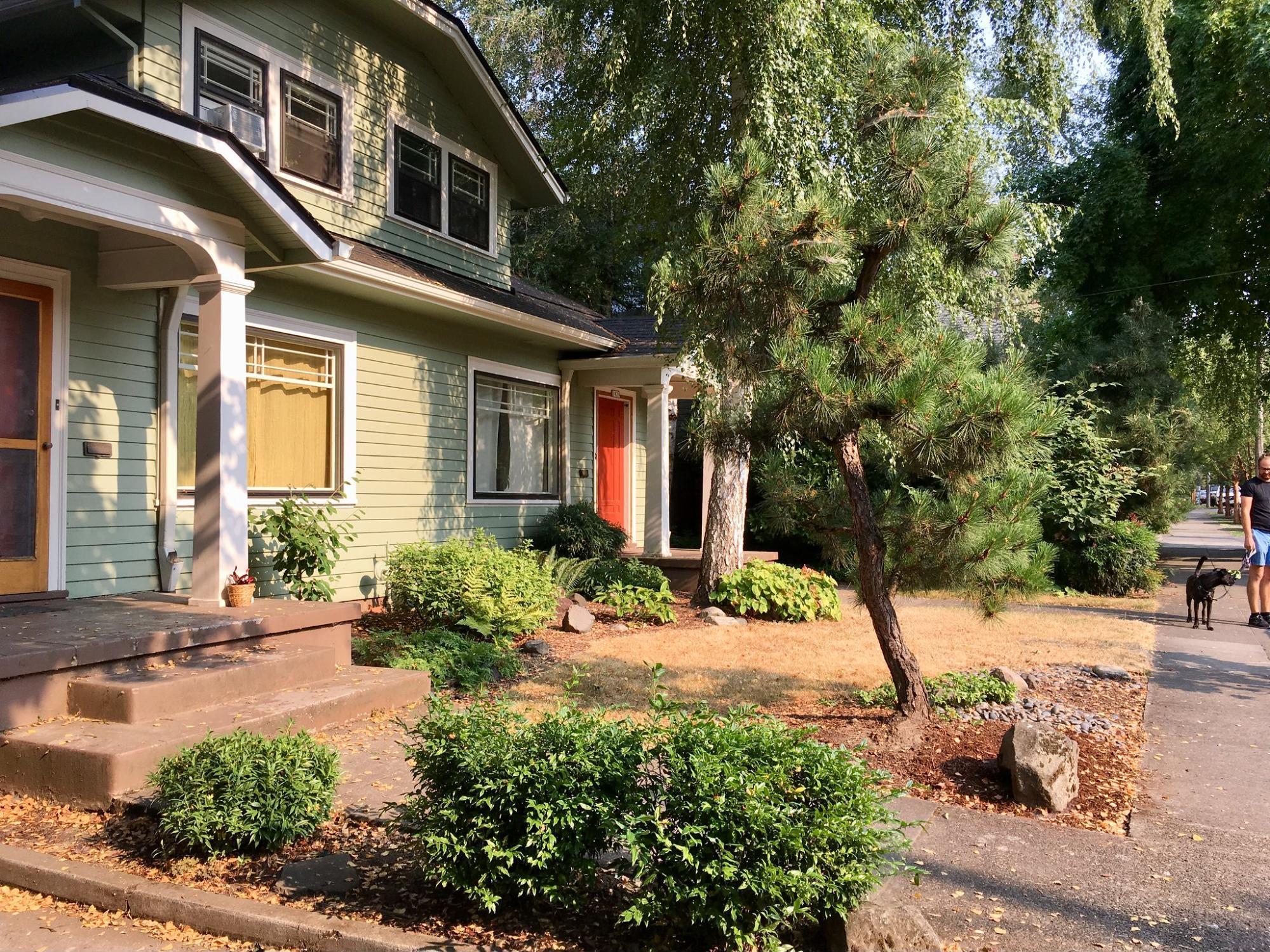Landlord-Tenant Law Oregon 2022-2023 Guide
Are you planning on investing in rental property? Like most investors, you’re probably interested in learning more about landlord-tenant law in Oregon for 2022-2023. This is understandable because the rental market has changed in the last two years and landlords have fewer rights than before. Thankfully, we’ve compiled an updated resource on landlord rights in…
Read more



